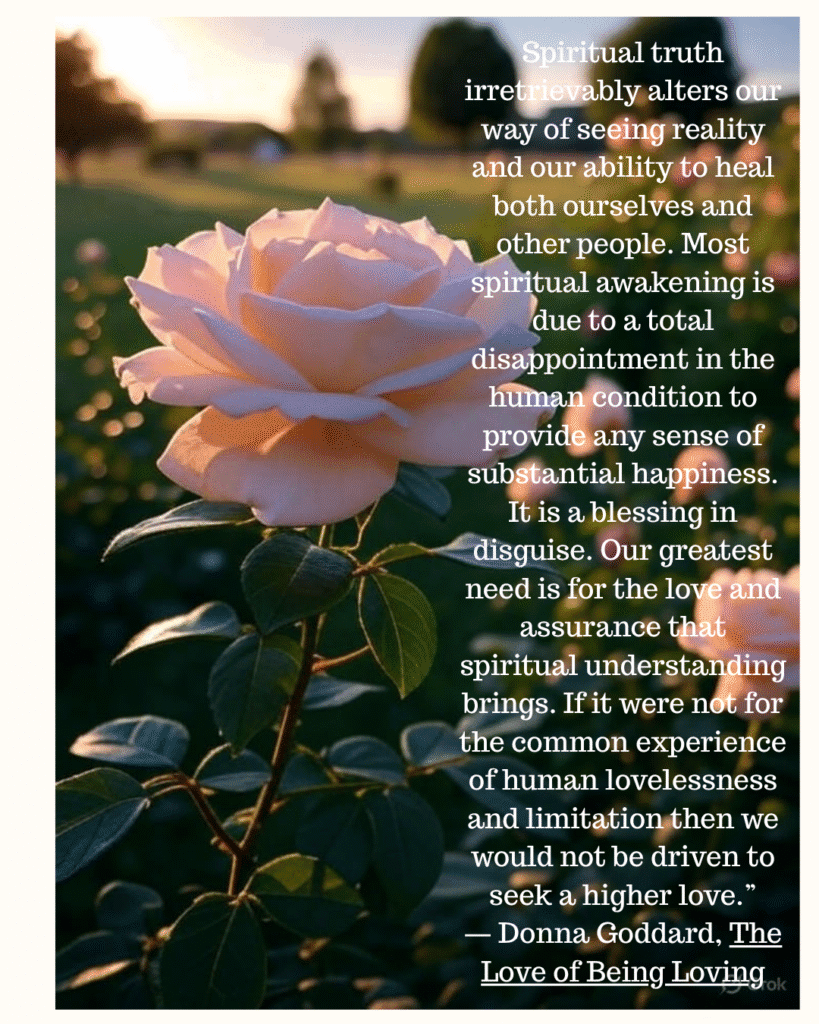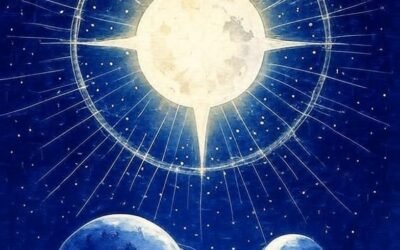“The way to love anything is to realise that it might be lost.” – Gilbert K. Chesterton
What now? The very ‘love’ for love is lost!
The concept of love, was once revered as a profound and multifaceted emotion, that today, has undergone a significant transformation over the centuries.
As I understand it, love was historically celebrated as a force of connection, devotion, and spiritual unity, its meaning has shifted in modern times, and today, it is reduced to a narrow association with physical desire and sexual attraction.
The meaning of love has since evolved, and the cultural, social, and media influences have contributed to its increasingly derogatory and sexualised interpretation.
The Historical Context of Love
Across history, in ancient civilisations, love was depicted as a divine or transcendent force. In Greek philosophy, love was categorised into distinct forms: *agape* (unconditional, spiritual love), *philia* (friendship and loyalty), *eros* (romantic or passionate love), and *storge* (familial love). These distinctions have always highlighted love’s complexity, encompassing not just a romantic desire but also compassion, sacrifice, and community.
In medieval times, courtly love in European literature idealised chivalric devotion, where knights expressed love through acts of valour and poetry, often without physical consummation. Similarly, in Eastern traditions, such as the Bhakti movement in Hinduism, love was a path to divine connection, emphasising devotion over desire. These interpretations positioned love as a noble, often non-physical, pursuit.
The Modern Shift in the meaning of Love
The Industrial Revolution and the rise of individualism in the 18th and 19th centuries began reshaping love’s meaning. Romantic love became central to marriage, shifting from arranged unions based on economic or social alliances to partnerships rooted in personal affection. While this emphasised emotional connection, it also laid the groundwork for love to be increasingly tied to personal gratification.
The advent of the 20th century marked a critical turning point. The sexual revolution of the 1960s and 1970s challenged traditional norms, promoting sexual liberation and openness. While this empowered individuals to explore their desires, it also began to blur the lines between love and sex. Popular culture, through literature, music, and film, started to equate love with physical intimacy, often sidelining its emotional or spiritual dimensions.
The Role of Media and Consumerism
In the late 20th and early 21st centuries, mass media and consumer culture accelerated the sexualization of love. Advertisements, movies, and music videos frequently portrayed love as synonymous with physical attraction, using sensuality to sell products from perfume to cars. Romantic narratives in Hollywood often prioritised passionate encounters over emotional depth, embedding the idea that love is incomplete without sex.
In the recent times, the rise of digital media, including social media and dating apps, further reinforced this trend. Platforms like Tinder and Bumble, while facilitating connections, often emphasise physical appearance and instant gratification that sex offers, over deeper compatibility. Today, the term “love” is casually used in hookup culture, diluting its meaning to fleeting encounters. Songs and social media posts frequently conflate love with lust, with lyrics and imagery focusing on physical desire rather than enduring commitment.
Love – A Derogatory Term?
Today, the word ‘love’ is sometimes used derogatorily, stripped of its former reverence. Phrases like “making love” are often euphemisms for sex, devoid of emotional context. In casual conversation, ‘love’ might describe superficial attraction or temporary infatuation, as in “I love that hot new guy” or “I’m in love with this fling.” This reductionism diminishes love’s broader significance, alienating those who associate it with trust, sacrifice, or companionship. Today, it means only sex or instant gratification.
The over-sexualization of love has also sparked criticism. Some argue it objectifies individuals, reducing relationships to transactional exchanges. Others note that it marginalises non-sexual forms of love, such as platonic or familial bonds, which are rarely celebrated in mainstream media. This shift has led to a cultural perception where love is seen as less serious, almost trivial, compared to its historical weight.
Reclaiming Love’s Depth

Despite its modern connotations, there is a growing movement to reclaim love’s multifaceted nature. Philosophers, writers, and activists advocate for a return to understanding love as a spectrum of emotions and actions, from self-love to communal care. Movements emphasising mental health and emotional intelligence highlight love as empathy and mutual respect, challenging the dominance of its sexualised interpretation. Working and raising awareness on Spiritual Intelligence and Emotional Quotient by trusts like Charista Foundation, bSound aURRAS and similar organisations, can help redeem the lost meaning of love.
All in all, the meaning of love has undeniably shifted over time, influenced by cultural changes, media portrayals, and societal values. While its association with sex reflects evolving attitudes toward intimacy, this narrow focus risks diminishing love’s richness. By recognising its historical depth and diverse expressions, society can work toward a more inclusive understanding of love —one that honours its emotional, spiritual, and communal dimensions alongside the physical ones.





A heartfelt and introspective write up that tugged me deep. My past and present reeled before my eyes as I read through and resonated with how the understanding of this abstract term LOVE has gotten distorted by human selfishness and ulterior motives. LOVE emits the highest frequency and only this frequency has all the power to restore the Universal balance, bringing peace, harmony and resonance. I’m absolutely pleased to read this as such write ups have the power to inspire a positive influence in the reader’s mind.
Thank you Shilpi madam for the positive comment.
Hope this message goes around mankind, so we can restore the much needed balance.
Anil